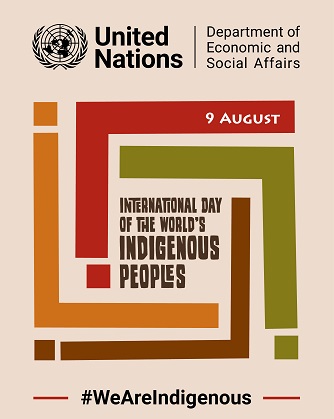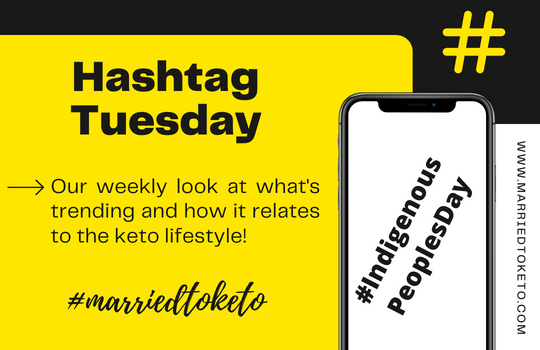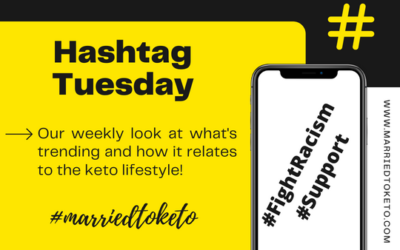Today is World Indigenous People Day – a day to raise awareness and protect the rights of the world’s indigenous population. According to the United Nations website, August 9th is listed as the day there is recognition of the injustices that have been done to indigenous people around the world and celebrate the many ways indigenous people have contributed to our societies. This year in particular, the U.N. is recognizing the role indigenous women have played in the preservation and transmission of traditional knowledge.
The Role of Indigenous Women
Women are the backbone of indigenous communities. They are known as the keepers of traditional knowledge and they have the responsibility of teaching that knowledge to the younger generations. Yet, women face many forms of discrimination. While traditionally, women have been seen as an essential part of indigenous communities to be respected and honored, today indigenous women face many barriers to succeeding. Indigenous women are three times as likely to live in extreme poverty. They are victims of violence, sexism and cultural biases. And yet, these women continue to work towards equity and fight for our environment.
The Injustices to the Indigenous People
Why is it important to learn about the injustices to the indigenous people? Here in Canada, we are just starting to recognize the horrible things done to them. We have an area of roadway in British Columbia called the Highway of Tears. It is estimated that over 40 women, many of whom were indigenous, have disappeared while traveling this highway.

Many point to the fact that because it was mainly indigenous women who had disappeared, no real investigations were done. The women who disappeared lived in extreme poverty, so it was assumed that they simply left their communities. It was left at that. Since that time, there have been some investigations that have led to the realization that there were serial killers hunting in that area, preying on the women who were traveling that route. Would this have been found out earlier if more investigation had been done? If it had been some middle class white women disappearing instead of indigenous women? The answer is almost certainly yes.
More recently, we have found unmarked graves of indigenous children who were taken from their communities to religious-based schools. These residential schools opened in the 1880’s in Canada and the last one didn’t close until 1996. So, when people say that it is history, that it is unfortunate but in the past, it is not. Many indigenous people alive today remember the trauma that existed in these schools and feel the effects of taking away their culture.
Why Recognize World Indigenous People Day?
Canada has developed a Truth and Reconciliation report that lists recommendations for recognizing the harms done to this population. One of those recommendations was education. When I went to school (not yesterday, but not that long ago) I did not learn about residential schools until I hit university classes. This is completely unacceptable!
Cape Breton University has an online course (free of charge) called Learning from Knowledge Keepers of Mi’Kma’ki. It is listed under MIKM 2071 and has 12 online episodes. This is a great starting point to learn more.
What Does This Have to Do With Keto?
What does all this have to do with keto? Well, I could say that historically the indigenous people ate keto-friendly foods. I could say that people show bias against the keto diet. But that would be comparing true discrimination to people criticizing my food choices. It’s completely different. Sometimes, we just need to write about topics that are important. We need to show that we care about the world around us and the injustices that people face. Today is an important day to recognize. Period.
Wendy



